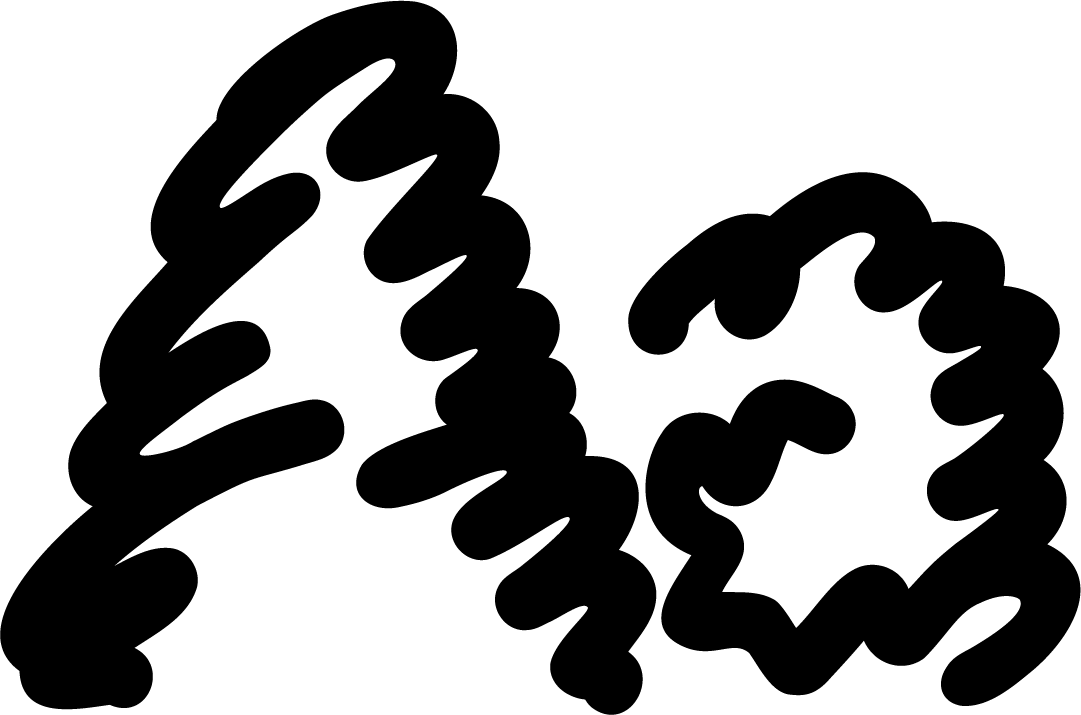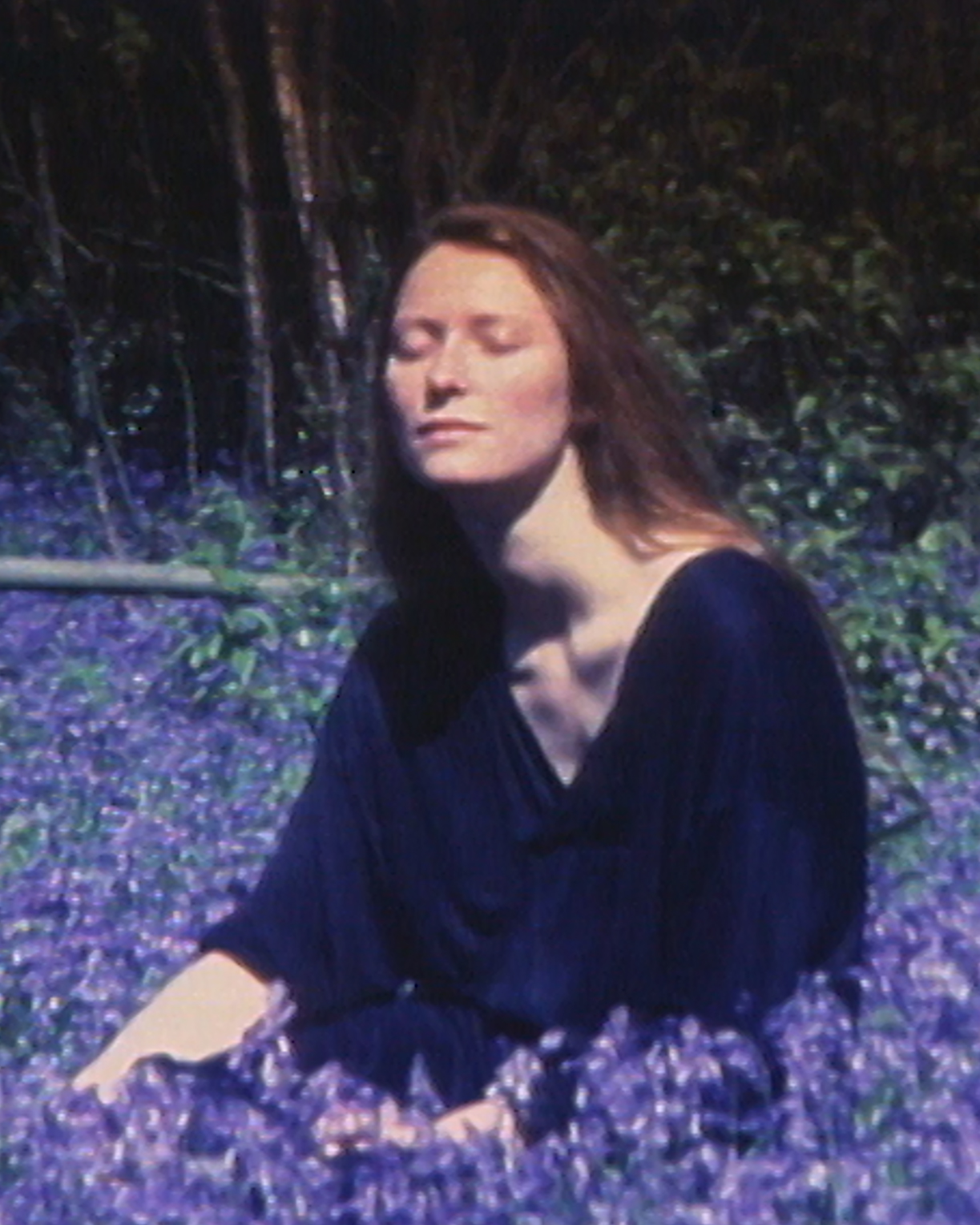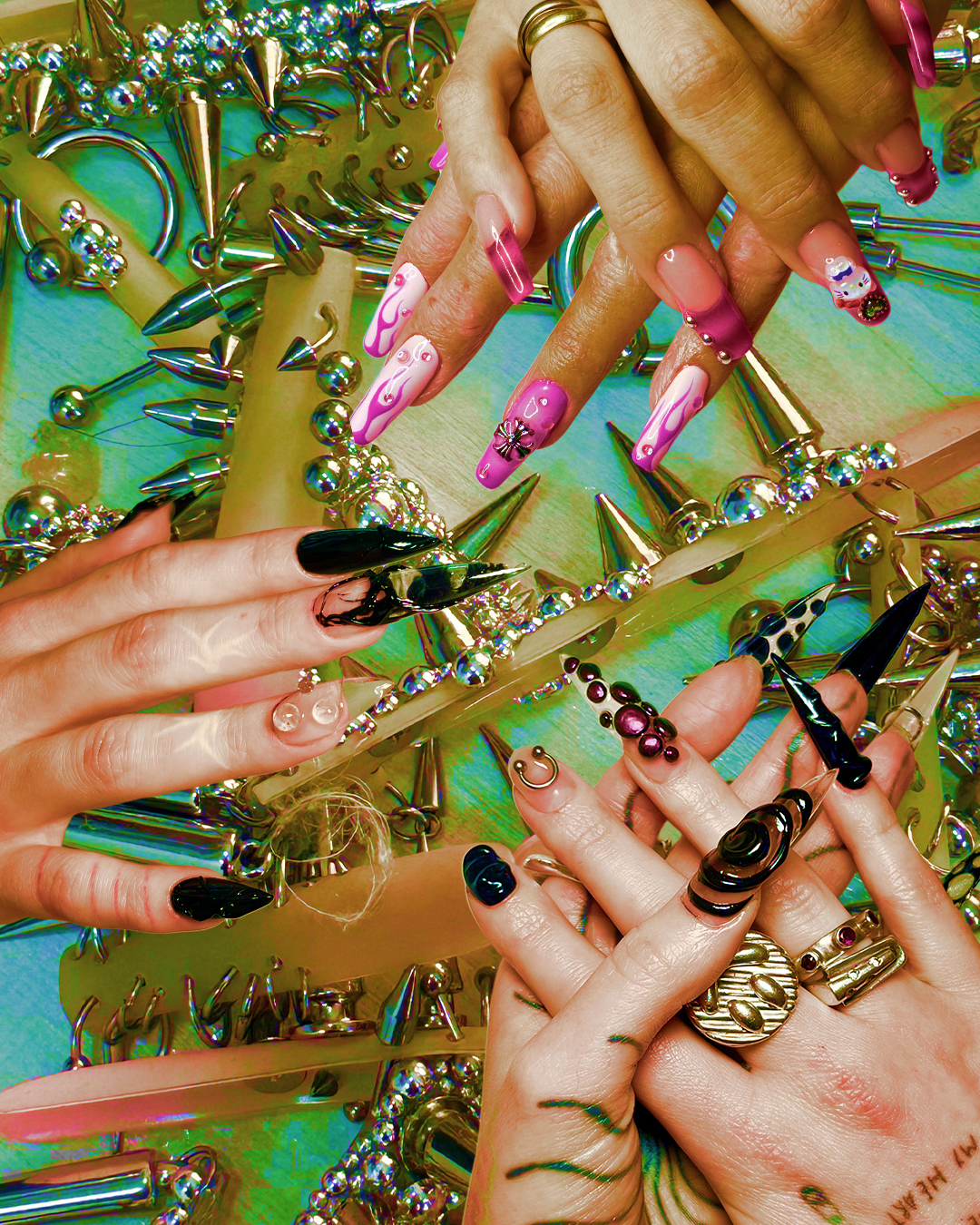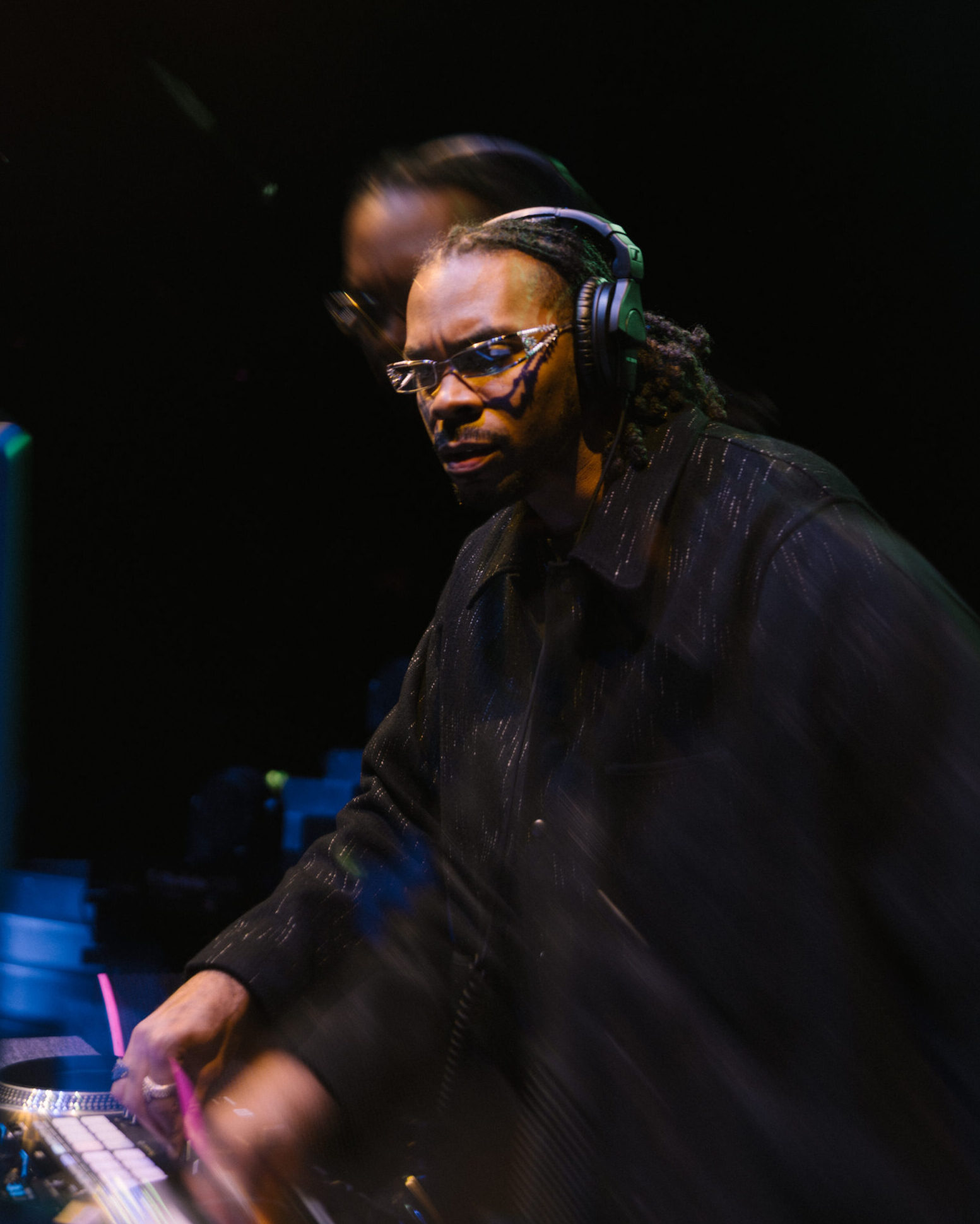Photographer: Maxine Debeco
Ahead of its first ever edition at Paradiso’s Tolhuistuin on 27th of September, I, Petra Parčetić sat down with the mind behind the Property of No One festival (later on referred to as PoN), Yazeed Abul-Ata. We discussed the notions of connection, experience and equal opportunity as the festival values, the contemporary meaning of cultural identities and why physical gatherings are still, if not more than ever so important. In doing so, we deconstructed the very puzzle that conceptualising an event with a deeper cultural meaning represents.
The first edition of PoN gathers musical artists (live and DJs), artisans, creatives and cultural workers, all niched in exploring and presenting the Mashriq region and its creative outlets. The first thing that comes into the spotlight when we start talking about why there was a need to organise a gathering of this kind is connection.
Pausing between the sips of water, at a picnic table on a rare sunny(!) Amsterdam day, Yazeed tells me in a calm, but decisive tone: “I sat down and thought – I exist in a particular time, as a member of a particular society, how does that belonging reflect on my life and what is it that I am missing? Then I thought about how I feel that technology makes us more disconnected from each other; I feel the ambiguity of my own identity makes me disconnected from my culture. So I wanted to create a festival that facilitates connection.”
We both agree on one thing: music’s power lies in connection. Whether it’s between artist and audience, the audience to themselves, or strangers sharing the same dance floor, music also expands the notion of a collective experience.
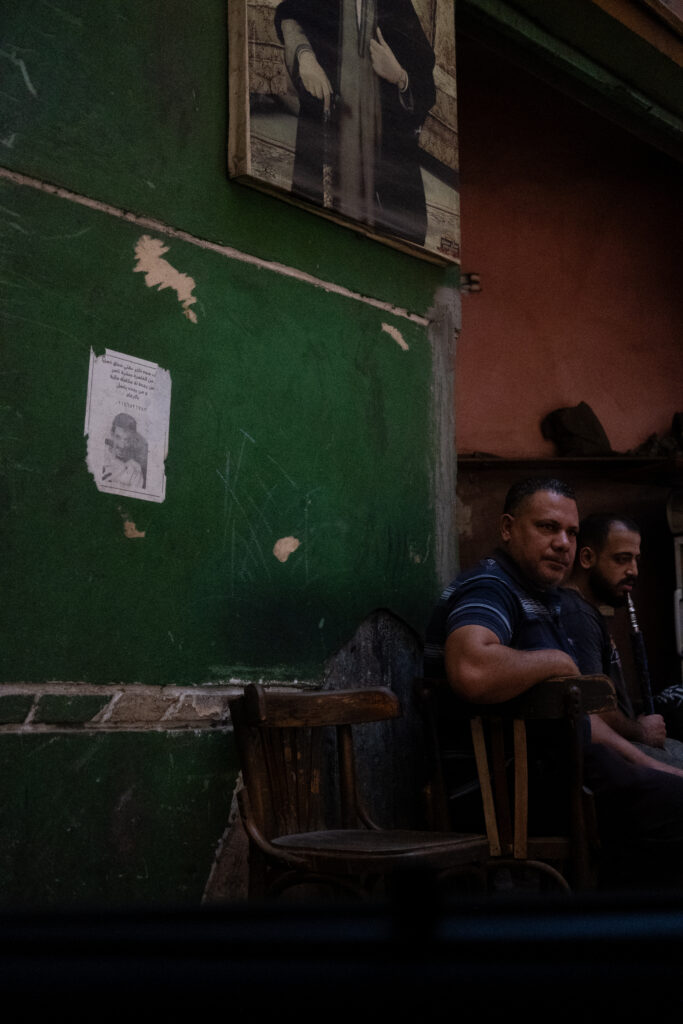
One of the ways PoN aims to provide a universal yet unique experience is through putting emphasis on cultural and personal connection, which the PoN founder boldly points out, goes hand in hand: “Understanding an artist and their background brings you closer to their work.” I notice this as I browse through the programme, which also includes detailed artist talks, while the diverse lineup showcases how the definition of contemporary Mashriq creative landscape is layered; it’s unpredictable and free in interpretation of the heritage.
“My goal is to provide a more profound and diverse perspective on the Mashriq region than people largely associate it with – going to a cheap Arab baker or a street shawarma stand. I do feel like there is a fundamental gap in understanding of a certain culture when interacting with it superficially.
“With this festival, I aimed to build a bridge to this region, facilitating a deeper understanding of it.”
Tracing the cultural connection is the point of departure in the PoN concept, but how is that reflected in the festival lineup? With this edition focusing on the Mashriq region, PoN aims to present its rich and diverse cultural elements, which are recognisable for their music across crafts to cuisine. Still, Western views of SWANA — and by extension, Mashriq cultures — are too often shaped by outdated, orientalist tropes. This is why the significance of the PoN lineup lies in the contemporary representation: “I selected artists from across the Mashriq, each expressing themselves in different ways. Some perform in Arabic, others in English, and others as DJs. I think it’s important to show that being from a place can mean many different things — about who you are and what you do.”
Multidimensionality is vital, especially since artists from this region are so often reduced or limited to a single dimension; Yazeed confirms from his own experience: “It happened to me so many times that when I get booked as a DJ, they tell me to play Arabic music just because I’m Arab. I’m just a person, and actually, I grew up being exposed to a lot of Western (or other) musical influences too.”
Pushing back against the exoticist lens often imposed by Western narratives, the PoN founder made sure to highlight the multifacetedness of the contemporary Mashriq music scene and foster a more radical approach towards (cultural) identities: “If you really look into your own story and culture, and express yourself fully through them, you’ll make a way larger impact than by diluting your identity. Too often, people water down who they are in the name of integration, instead of embracing full expression.”
The lineup stretches from the indie rock and synth sounds of Juno, to Bu Kolthoum’s blend of traditional roots to uncharted hip-hop sonics, to Zaid Khaled whose beats echo the nostalgia found in Arab pop. “The balance between tradition and innovation was definitely one of the core values while programming the festival. I wanted to show that Mashriq [music and arts] of today can be everything. And it’s represented by its people who live in diaspora, in Mashriq or elsewhere.”
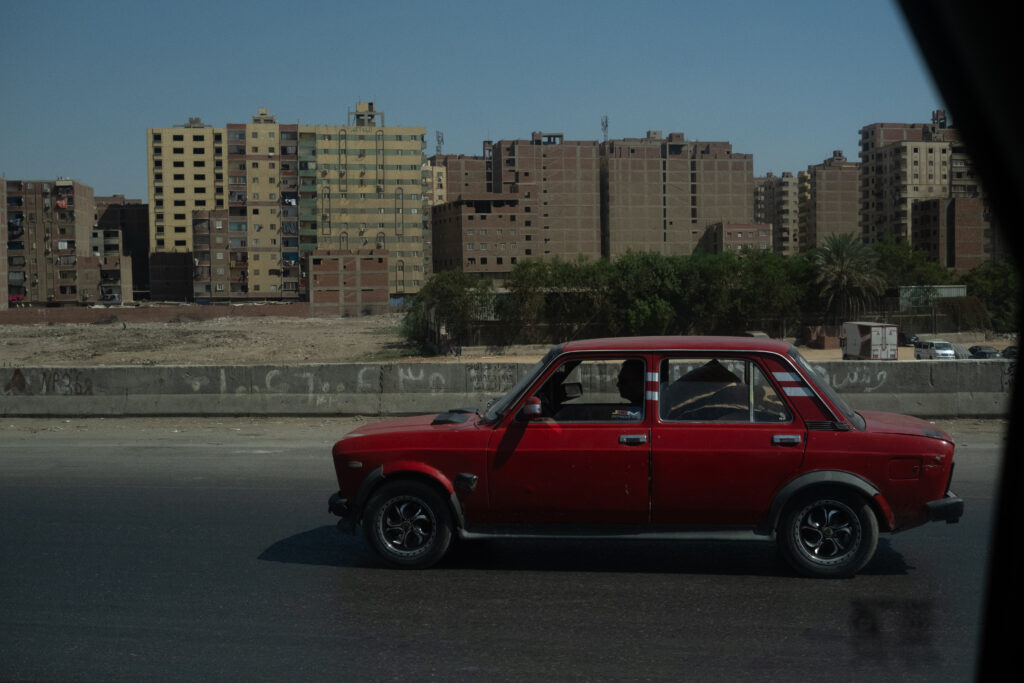
The plurality of expressions is also noticeable in the variety present in the programme — besides music, there is a workshop on cultural identity, artist talks and a curated market. The focus is on creating equal opportunities and further. “To truly experience creation in its individuality, you need to look behind the curtain. That’s where the idea came in: if I want people to engage beyond passive listening, what does that take? Everyone learns differently, so I didn’t want to steer the event in just one direction.”
The audience will also meet the artists outside of their music through the interviews. With love is revolution as the underlying theme, conversations moderated by Paris-based collective Kalam Aflam, will give insight into the artists’ visions and work and show how diverse musically, culturally and aesthetically the Mashriq region is.
Expanding its scope beyond music, PoN will host a market during the festival. Curated by Karima El Gemey as a part of her self-founded project MESS, it may be the most directly activist element of the programme. Drawing on research on artisanal practices in Egypt and small Mashriq-diaspora businesses, the market will showcase goods from local producers, craftspeople and artisans. Profits from sales during the festival will go directly toward supporting their visibility and revenue.
The cultural workshop will explore different facets and expressions of identity through a series of guided activities.“If you’re going to do something related to culture, it should go deeper than a quick surface gesture. That’s why I wanted more than just performances; something that leaves people with a clearer sense of the cultural background and context after they walk out of the event.”
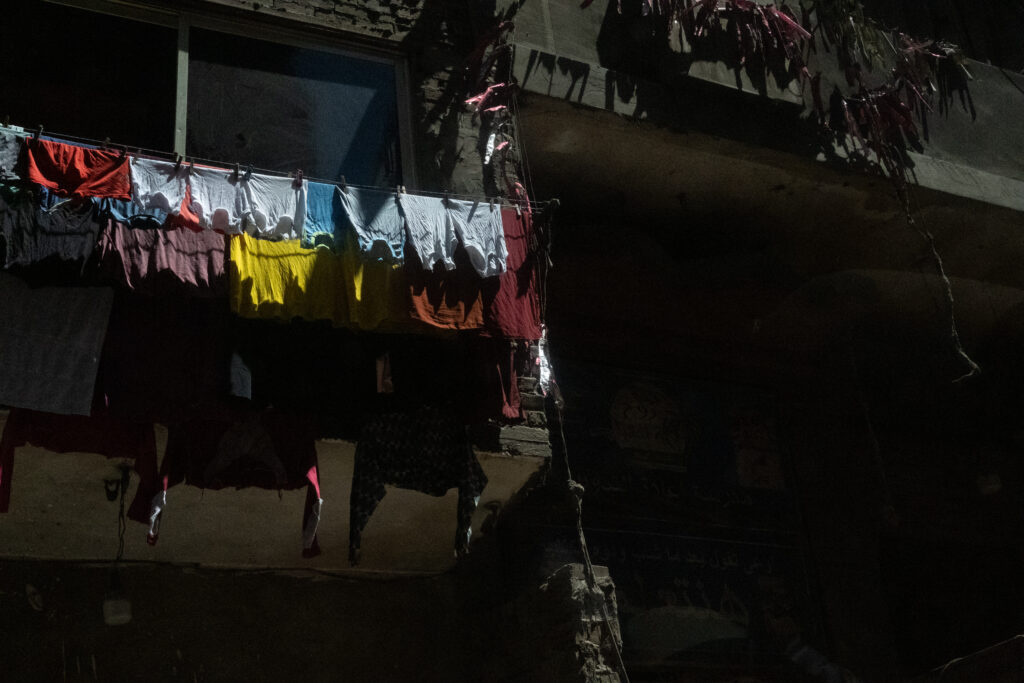
Focusing on one region gives you a better understanding of it, but it also gives a lot of space for social commentary on global events – both of us yappers almost concurrently say to each other. The work of all these creatives is a reflection of their immediate circumstances. Both of us conclude that incorporating sounds beyond the ones rooted in the traditional Arab soundscapes is thus natural, because the generation now shaping the youth culture all already grew up in the increasingly globalising world, leading to a vast exposure towards ‘mainstream’ (mostly Western) music and media content.
In that sense, it’s vital to move away from the deeply local narrative isolated from the global influences in the world that primarily imposed a certain stream of cultural dominance. Doesn’t that mean that the non-Western (originating) artists can (re)claim these sounds too? “That’s what I talk about when I say that equal opportunities are one of the core festival values. We grew up in the time where we were all mostly exposed to the Western media, but I feel like now we’re in the time where we can reset those balances”, he tells me in a (ever-) hopeful demeanour.
“Giving platform to the creative expression that has roots from (previously) underrepresented regions on the global scene doesn’t mean the territory is claimed by someone else. “This is why I say it’s No One’s – explaining the name of the festival. Creativity doesn’t belong to anyone specifically.“
By embracing the current reality with transparency and depth, [I hope] you walk out [of the festival] having been able to perceive something new or revive something within yourself. I think the most true thing someone with creative ambition can do is to just listen – and upon those receptions draw inspiration for their own visions. Maybe it will change. Maybe in five years, some of us are moving to our originating countries, so I don’t want it to be permanent, but rather let the time and the feelings of the moment decide.” What is there to stay though, is “sharing the truth as the strongest foundation for coming together.”
Discover the soundscapes and cultural layers of contemporary Mashriq on Property of No One’s Instagram, and secure your tickets for the festival at Paradiso’s Tolhuistuin here.
